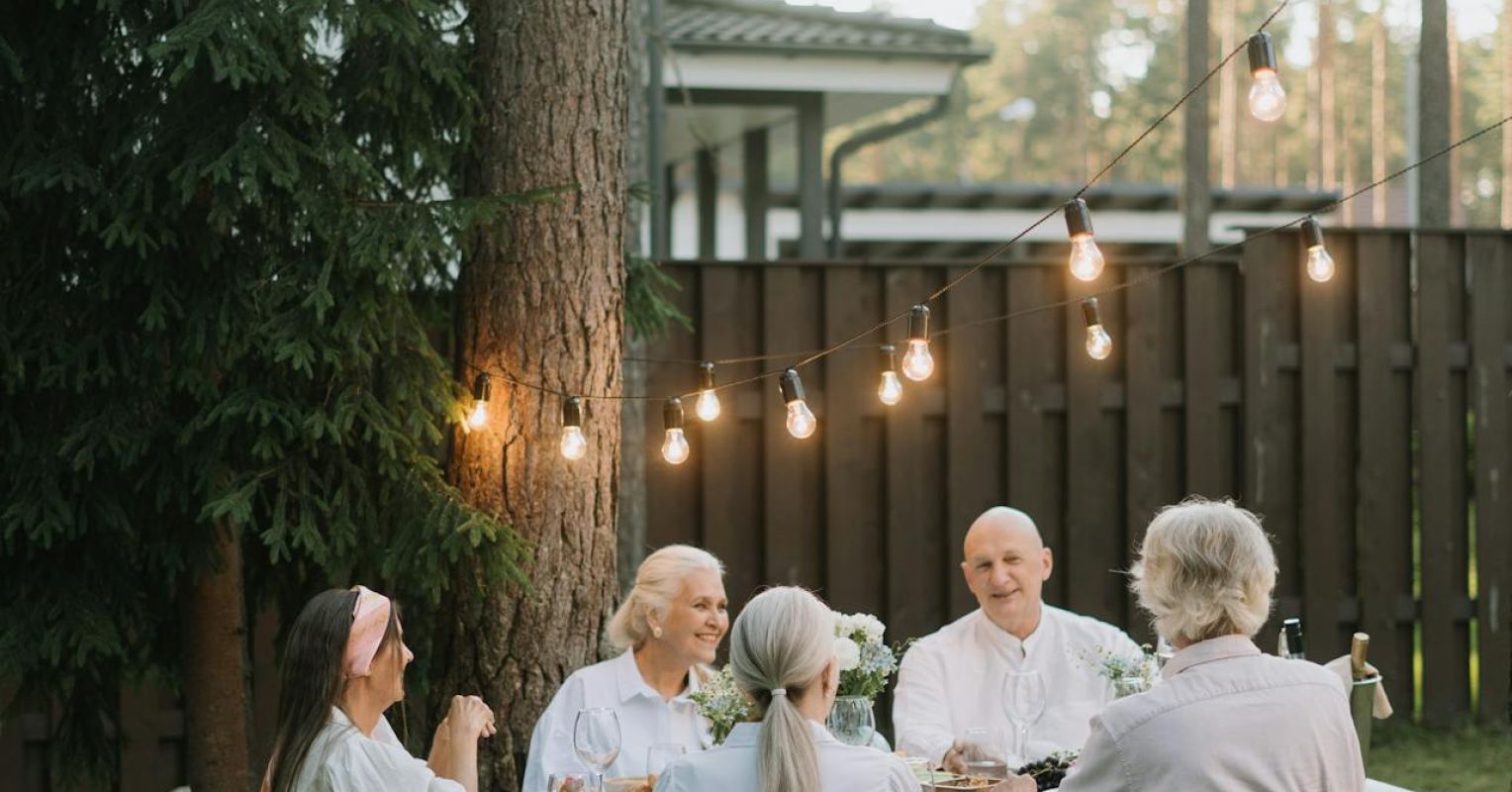
Dear Dr. G.,
I am writing to you on behalf of myself and a few of my close friends. We share a similar problem that we don’t quite understand. We are four women in our 40s who have known each other since our sophomore year in college. We all lived on the same floor and joined the same sorority. We have known each other through ups and downs including breakups, deaths, and even misunderstandings. We have all taken turns getting into conflict with each other despite trying to treat each other with thoughtfulness and care. Usually, we work things out and put these things behind us. Thank goodness.
We have all noticed, however, that something very different happens in family situations. Each of us has at least one relative who gets angry with us in a very harsh manner. We have all experienced this as being blindsided. We think things are OK following, perhaps, a family gathering only to find out that we are now on that relative’s sh*tlist. We might get a call from a relative who starts screaming about something that they feel we did wrong. Or, we might suddenly get the silent treatment. Despite attempts to calm things down, this tends to happen again and again. We just can’t seem to calm these situations down. We doubt that our relatives speak to their friends this way. If they did, they would be left with few friends. Additionally, we also tend to speak more harshly to some relatives than we would to friends.
We are wondering why this happens in families but less so in friendships. At least, that is our experience. Have you heard other people describe a similar pattern? If so, can you explain why this happens and how we can handle these situations in the future?
— Friends
Dear Friends,
I am more than happy that you asked this question. The discrepancy between how friends react to us and how relatives may react to us is a very loaded issue that comes up frequently. Certainly, the first thing that comes to mind is that we are born into families and that we select our friends. We may not be temperamentally suited to get along well with certain relatives. And, because relatives may share a long history, we may regress around them. We start using less mature behaviors because there is a tendency to return to old behavioral styles and cycles with relatives. We tend to be more thoughtful and cautious when interacting with friends for a number of reasons, including that we don’t share a common childhood history so we are not sitting on old sources of resentment, we assume that relatives will always be there, and we may have higher expectations for relatives.
I suggest that you think about your relationship with a relative who speaks harshly to you and see if the two of you are able to relate in a softer and gentler manner. If this is unable to happen despite your best attempts, then I suggest that you set boundaries around these relationships. There is no rule stating that you have to tolerate emotional abuse.
Similarly, assess your own behavior around relatives. If you find yourself being thoughtless, then I suggest that you take a pause before responding in a manner that you will regret. It is important to self-monitor in all relationships. Sometimes you need to take a time-out from a set of negative interactions so that your metaphorical bank account with that individual does not become empty.
Good luck!
